|
||||||||||
| Location: Home > %7Eaerospa1 > ask a rocket scientist > history > q0257 | ||||||||||
|
|
||||||||||
|
||||||||||
| Location: Home > %7Eaerospa1 > ask a rocket scientist > history > q0257 | ||||||||||
|
|
||||||||||
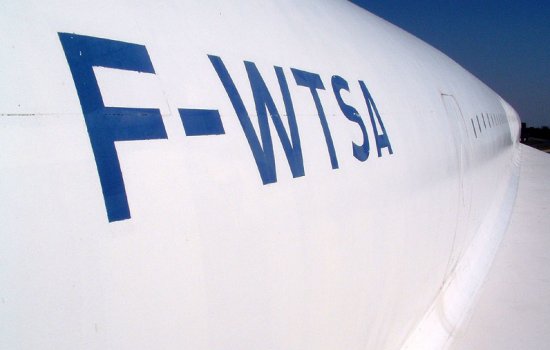
The rules governing aircraft registration are decided upon by a multinational body called the International Civil Aviation Organization (ICAO). This group dictates the first portion of a registration code that is known as the prefix or international prefix. This prefix is typically two or three characters in length but can be as few as one or as many as four. The prefix is specific to a particular nation or region and is usually followed by a dash and then a suffix made up of one to five characters. The structure of the suffix is typically determined by that country's aviation regulatory agency, such as the Federal Aviation Administration (FAA) in the United States.
Most nations have relatively simple rules for determining the suffix. This portion of the registration is most often made up of three or four letters. Some countries instead prefer four or five numbers while a few use a mixture of letters and numbers. Because of the large number of aircraft registered in the United States, the registration code in this nation is more complex than most others. This registration is of the general form:
where
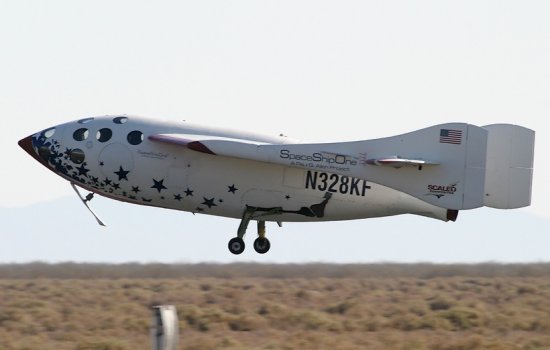
Even countries with simpler registration schemes sometimes incorporate more complicated items of information into their numbers. Germany, for example, varies the structure of the suffix depending on the class of aircraft. This method is explained in greater detail below.
where
Nation Prefix Suffix Pattern =========================================================================== Afghanistan YA abc Albania ZA abc Algeria 7T abc Angola D2 abc Antigua and Barbuda V2 abc Argentina LQ or LV abc Armenia EK 12345 Aruba P4 abc Australia VH abc Austria OE abc Azerbaijan 4K ab1 Bahamas C6 abc Bahrain A9C ab Bangladesh S2 or S3 abc Barbados 8P abc Belarus EW abc Belgium OO abc |
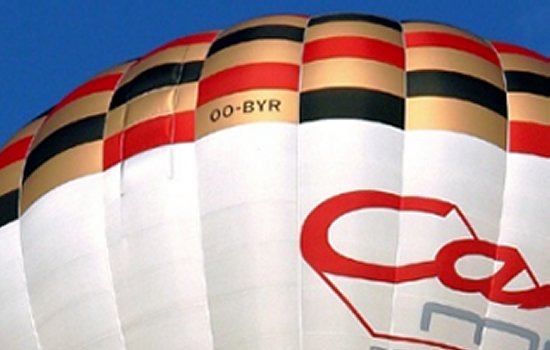
Nation Prefix Suffix Pattern =========================================================================== Belize V3 abc Benin TY abc Bermuda Isles VPB ab Bhutan A5 abc Bolivia CP 1234 Bosnia and Herzegovina T9 abc Botswana A2 abc Brazil PP, PR, PT abc British Virgin Islands VPLV a Brunei V8 abc Bulgaria LZ abc Burkina Faso XT abc Burundi 9U abc Cameroon TJ abc Canada C abcd Canary Isles EC abc Cape Verde D4 abc Cayman Isles VPC ab Central African Republic TL abc Chad TT abc Chile CC abc China B abcd Colombia HK 1234a Comoros D6 abc Congo (Democratic Republic of Congo) 9Q abc Congo (Republic of Congo) TN abc Costa Rica TI abc Croatia 9A abc Cuba CUT 1234 Cyprus 5B abc Czech Republic OK abc Denmark OY abc |
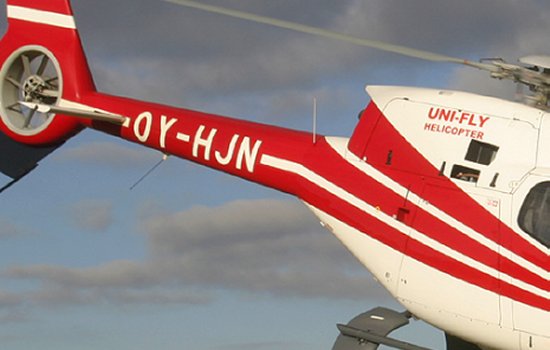
Nation Prefix Suffix Pattern =========================================================================== Djibouti J2 abc Dominica J7 abc Dominican Republic HI 123ab Dutch Antilles PJ abc Ecuador HC abc Egypt SU abc El Salvador YS abc Equatorial Guinea 3C abc Eritrea E3 abcd Estonia ES abc Ethiopia ET abc Falkland Islands VPF ab Fiji Islands DQ abc Finland OH abc France F abcd French Antilles FOG ab French Guyana FO abc Gabon TR abc Gambia C5 abc Gaza 4X abc Georgia 4L 12345 Germany D abcd Ghana 9G abc Greece SX abc Greenland GL abc Grenada J3 abc Guatemala TG abc Guinea 3X abc Guinea Bissau J5 abc Guyana 8R abc Haiti HH abc Honduras HR abc Hong Kong SAR B-H, B-K, B-L ab Hungary HA abc Iceland TF abc India VT abc Indonesia PK abc Iran EP abc Iraq YI abc Ireland EI abc Israel 4X abc Italy I abcd Ivory Coast TU abc Jamaica 6Y abc Japan JA 1234 Jordan JY abc |
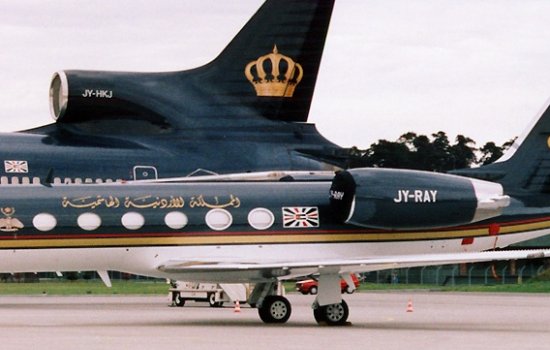
Nation Prefix Suffix Pattern =========================================================================== Kampuchea XU 123 Kazakhstan UN 12345 Kenya 5Y abc Kiribati T3 abc Kuwait 9K abc Kyrgyzstan EX 12345 Laos RDPL 12345 Latvia YL abc Lebanon OD abc Lesotho 7P abc Liberia EL abc Libya 5A abc Lithuania LY abc Luxembourg LX abc Macau SAR CR abc Macedonia Z3 abc Madagascar 5R abc Malawi 7Q abc Malaysia 9M abc Maldives 8Q abc Mali TZ abc Malta 9H abc Marshall Islands V7 abc Mauritania 5T abc Mauritius 3B abc Mexico XA, XB, XC abc Micronesia V6 abc Moldova ER 12345 Monaco 3A abc Mongolia MT 1234 Montserrat VPL ab Morocco CN abc Mozambique C9 abc Myanmar XY or XZ abc Namibia V5 abc Nauru C2 abc Nepal 9N abc Netherlands PH abc New Zealand ZK or ZL abc Nicaragua YN abc Niger 5U abc Nigeria 5N abc North Korea PIC 123 Norway LN abc Oman A40 ab Pakistan AP abc Panama HP 1234abc Papua New Guinea P2 abc Paraguay ZP abc Peru OB 1234 Philippines RPC 1234 Poland SP abc Portugal CS abc Qatar A7 abc Réunion Island FOD abc Romania YR abc Russian Federation RA 12345 |
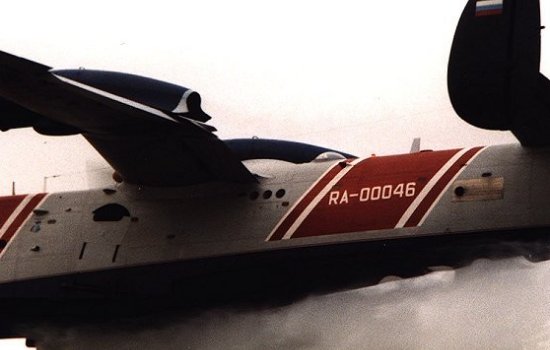
Nation Prefix Suffix Pattern =========================================================================== Rwanda 9XR ab Saint Helena VQH ab Saint Kitts and Nevis V4 abc Saint Lucia J6 abc Saint Vincent and the Grenadines J8 abc Samoa 5W abc São Tomé and Príncipe S9 abc Saudi Arabia HZ abc Senegal 6V abc Senegal 6W abc Seychelles S7 abc Sierra Leone 9L abc Singapore 9V abc Slovakia OM abc Slovenia S5 abc Solomon H4 abc Somalia 6O abc South Africa ZS, ZT, ZU abc South Korea HL 1234 Spain EC abc Sri Lanka 4R abc Sudan ST abc Surinam PZ abc Swaziland 3D abc Sweden SE abc Switzerland HB abc |
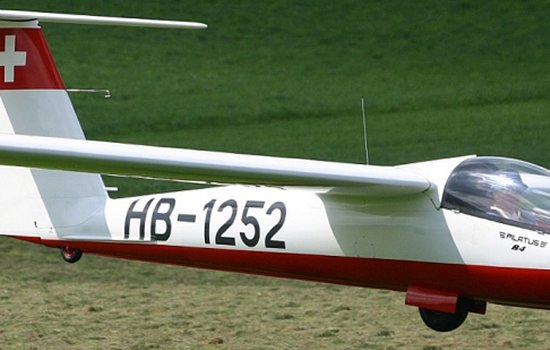
Nation Prefix Suffix Pattern =========================================================================== Syria YK abc Tahiti FOH ab Taiwan B 1234 Tajikistan EY 12345 Tanzania 5H abc Thailand HS 123 Togo 5V abc Tonga A3 abc Trinidad and Tobago 9Y abc Tunisia TS abc Turkey TC abc Turkmenistan EZ a123 Turks and Caicos Isles VQT ab Tuvalu T2 abc Uganda 5X abc Ukraine UR 12345 United Arab Emirates A6 abc United Kingdom G abcd Uruguay CX abc United States N 12345, 1234a, 123ab Uzbekistan UK 12345 Vanuatu VJ ab1 Venezuela YV 123 Vietnam VN 1234 Yemen 7O abc Yugoslavia YU abc Zambia 9J abc Zimbabwe Z abcd |
It is not entirely clear why N was originally chosen for the United States when U and US were available and would seem more logical choices (A for America might also be a good choice but was used for Austria for some period of time). The prevailing theory as to why N was chosen dates back to the days of Morse code when an international conference agreed to identify various nations by a one-letter designation to avoid confusion. Since the US Navy had already been using N to identify its stations, it is believed that this letter was chosen to represent the entire United States. Many of these wireless communication codes were later adopted for aviation as well, so the N was carried over and has been retained to the present day.
We've also received a number of questions asking why India uses the code VT. You may notice that numerous countries and regions have codes starting with V, and many of these are now or once were British colonies. When the prefix code system was implemented by the ICAO, British possessions were given codes starting with V to indicate their status as part of the British Empire. The letter V was chosen to represent Viceroy, the title given to a colonial governor. Even after these nations gained their independence, many have retained the V prefix codes to the present day. Aside from India, the most recognizable example is probably Australia's VH. Exceptions include Pakistan, which gained the new prefix AP after splitting from India in 1947, and Hong Kong, which traded in its former VR for B upon its return to China. It is also noteworthy that a movement has been underway in India to request a prefix code change from the ICAO to something better representing the independent nation.
In addition to the international prefix codes in use today, many others have been discontinued. One example shown below is the CCCP (or SSSR in the Latin alphabet) once used by the Union of Soviet Socialist Republics. A few other prefixes no longer in use are FC for the Free France movement during World War II, DDR for East Germany, RV for Persia (now Iran), J for Japan, 4YB for the Arabic Federation (Iraq and Jordan), M and X for Mexico, HMAY for Mongolia, CH for Switzerland, and YE for Yemen prior to its breakup in 1990.
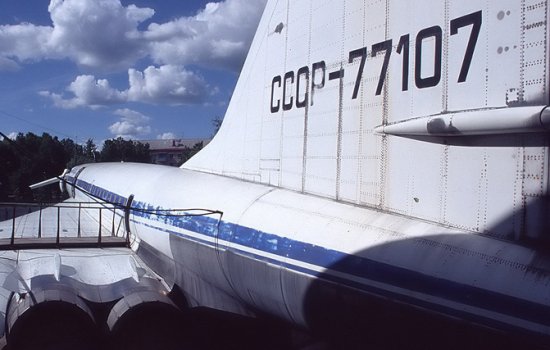
In most countries, the registration number is displayed on the fuselage using a dash to separate the prefix and
suffix. The dash is usually omitted when printed in a flight plan, however, and most private pilots use this
registration number as the call sign when identifying the plane to air traffic controllers. Commercial aircraft do
not follow this tradition and instead use the company name and flight number as their call sign, but airlines do
sometimes use the registration number for tracking and maintenance purposes.
- answer by Joe Yoon, 15 January 2006
Related Topics:
Read More Articles:


|
Aircraft | Design | Ask Us | Shop | Search |

|
|
| About Us | Contact Us | Copyright © 1997-2025 | |||
| Location: Home > %7Eaerospa1 > ask a rocket scientist > history > q0257 | |||
|
|
|||